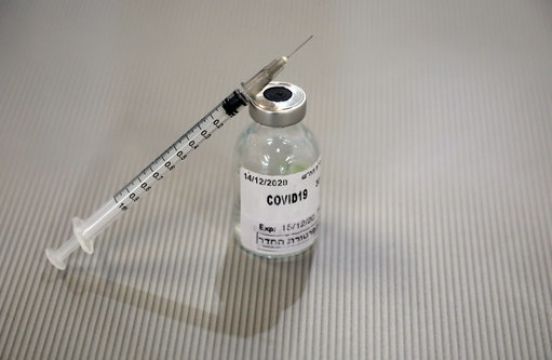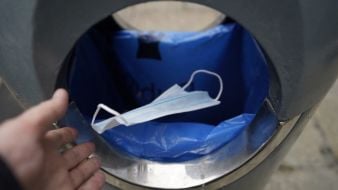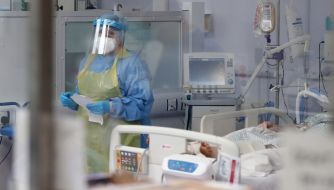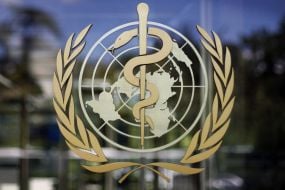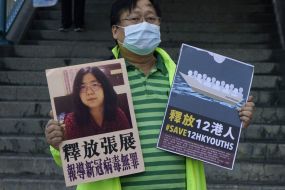With a Covid-19 vaccine now on the horizon, attention will turn to how quickly countries can inoculate populations from the virus.
Vaccine roll-out will take time but people have to be willing to take the vaccine first.
Society is generally divided into three categories when it comes to the Covid vaccine: Those who are ready and willing to take it, those who are unsure and have genuine concerns, and the minority of anti-vaxxers and conspiracy theorists.
Politicians and celebrities taking the vaccine on live television is a tool that will be deployed across the globe to encourage people to get vaccinated.
But how effective is it?
Dr Simon Dunne, Assistant Professor in psychology at DCU, and Dr Jorie Lagerwey, Associate Professor in Television Studies at UCD, spoke to BreakingNews.ie about what the psychological impact of public figures taking the vaccine on television could be.
The effectiveness of public figures taking the vaccine on television will depend on three main factors according to Dr Dunne, “trustworthiness, expertise and likeability”.
In the United States, former presidents George W. Bush, Barack Obama and Bill Clinton have indicated they would be willing to take the vaccine on television, while current vice-president Mike Pence and president-elect Joe Biden recently did just that.
Today, I received the COVID-19 vaccine.
To the scientists and researchers who worked tirelessly to make this possible — thank you. We owe you an awful lot.
And to the American people — know there is nothing to worry about. When the vaccine is available, I urge you to take it. pic.twitter.com/QBtB620i2V— Joe Biden (@JoeBiden) December 22, 2020
Advertisement
Politicians
This trend is likely to translate to Ireland as Sinn Féin leader Mary Lou McDonald, Tánaiste Leo Varadkar and Taoiseach Micheál Martin have all indicated they would be willing to do the same.
Dr Dunne and Dr Lagerwey both felt this will help to encourage people who may be on the fence about taking the vaccine, but with the caveat that a politician's popularity could also play a factor.
“People do look to those who they perceive as experts, it depends, if somebody perceives the Taoiseach as a credible source, an expert, that could have a positive effect,” Dr Dunne said.
Taoiseach Micheál Martin says he has no issue with receiving the Covid-19 vaccine publicly, but that any available vaccine should go to those who need it to stay alive or to avoid serious illness and who needs it more than him | https://t.co/McPNb32ke0 pic.twitter.com/kO017E0JBL
— RTÉ News (@rtenews) December 23, 2020
Dr Lagerwey said: “A polarising politician, for example, might not be very persuasive to people who disagree with them politically.”
Much of the anti-vaccine conspiracy theories centre around stories about the government using the vaccine to 'control' the population.
Dr Dunne pointed out that figures from different parties — like McDonald, Varadkar and Martin — could help to counter this type of misinformation.
“Where people may be swayed about misinformation about seeing the vaccine as a means to control the population, in cases where you see members of the Government and Opposition taking the vaccine it would counter those types of conspiracies.”
While politicians taking the vaccine on television will certainly have an impact, celebrities could be even more effective.
When rock star Elvis Presley took the polio vaccine in 1956 it was seen as key in vaccine uptake in younger people in the States.
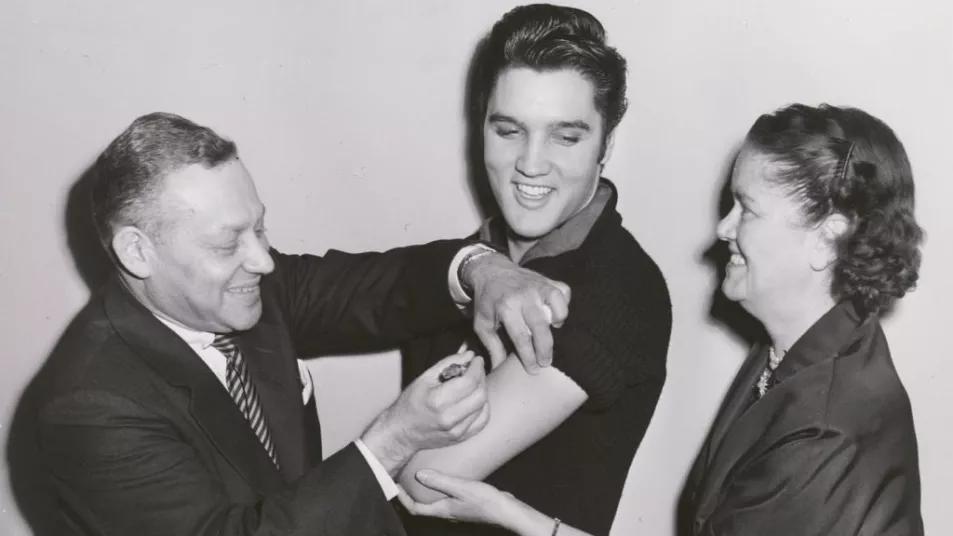
Dr Lagerwey said: “Yes, celebrities and public figures getting the vaccine have potential to persuade people to trust the vaccine and get vaccinated themselves. There is no need to make this not look like a PR stunt, because that's exactly what it is.
“It is an act of persuasive public media, propaganda if you like. Who is famous and what for tells us what a culture values, finds 'normal', and thinks is important in any given moment.
“Celebrities are influential because they embody ideals the culture around them values. Sports stars, for example, are famous because they embody the idealised physically fit body and the idea that anyone who works really hard can win.”
While both politicians and celebrities will do their bit to promote vaccination, public health doctors, including members of the National Public Health Emergency Team (Nphet) could play a big role if they are willing to take the vaccine publicly.
Dr Dunne pointed out that some members of Nphet have become celebrities in their own right in the last few months.
“Some of those individuals have become minor celebrities over the last number of months, so they are seen as the experts by the public. Seeing them take a vaccine would be persuasive for a lot of people.”
“Tony Holohan, who's been a calm, consistent, scientific-minded presence throughout the pandemic might be persuasive or even comforting to see get the jab on screen,” said Dr Lagerwey.

In short, there is no guarantee whether this strategy will be effective and genuinely convince people who are in doubt about the vaccine.
It will also depend largely on the public figure in question and their following.
However, it certainly won't hurt.
Clarity
“It's the clarity of the messages, who is taking it, that's important,” Dr Dunne emphasises.
“I do think trustworthiness is important, it's related to the credibility of the source of the information, trustworthiness and expertise as well.
“The key thing in terms of the public is to make sure that it's very clear, the potential reasons why the vaccine should be taken, to communicate that clearly and simply and to have others demonstrate the ease at which it can be taken.”
